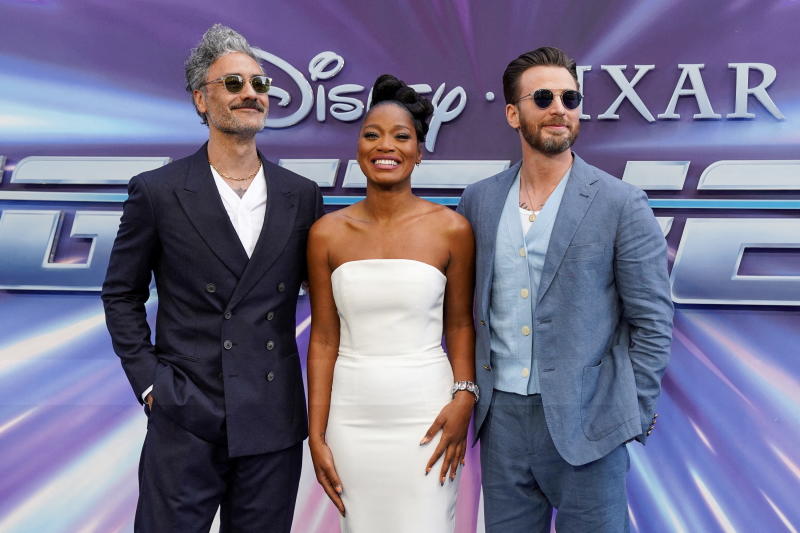
LOS ANGELES: Fourteen Middle Eastern and Asian countries will not show Walt Disney Co's new Pixar movie "Lightyear" when it hits cinemas this week, a source familiar with the matter said on Monday.
The United Arab Emirates said it banned the film because the movie includes a same-sex relationship and violated the country's media content standards. Homosexuality is considered criminal in many Middle Eastern countries.
Representatives of other countries, including Saudi Arabia, Egypt, Indonesia, Malaysia and Lebanon, did not immediately respond to requests for comment on why they would not allow the film to be exhibited.
"Lightyear" is a prequel to Pixar's acclaimed "Toy Story" franchise. Chris Evans voices the lead character, Buzz Lightyear, a legendary space ranger.
In the film, Buzz's close friend is a female space ranger who marries another woman. A scene showing milestones in the couple's relationship includes a brief kiss.
"Lightyear" producer Galyn Susman said she assumed the movie would not be shown in China either, though Disney has not yet received an official answer from authorities there. China has rejected other onscreen depictions of homosexuality in the past.
"We're not going to cut out anything, especially something as important as the loving and inspirational relationship that shows Buzz what he's missing by the choices that he's making, so that's not getting cut," Susman told Reuters at the movie's red-carpet premiere in London.
Any objections to "Lightyear" over LGBTQ issues were "frustrating", Evans said.
"It's great that we are a part of something that's making steps forward in the social inclusion capacity, but it's frustrating that there are still places that aren't where they should be," Evans said.
"Lightyear" is set to debut in cinemas in the United States and Canada on Friday.
In May, Disney refused requests to cut same-sex references in Marvel movie "Doctor Strange and the Multiverse of Madness". Saudi Arabia and a handful of other Middle Eastern countries did not show the film.







